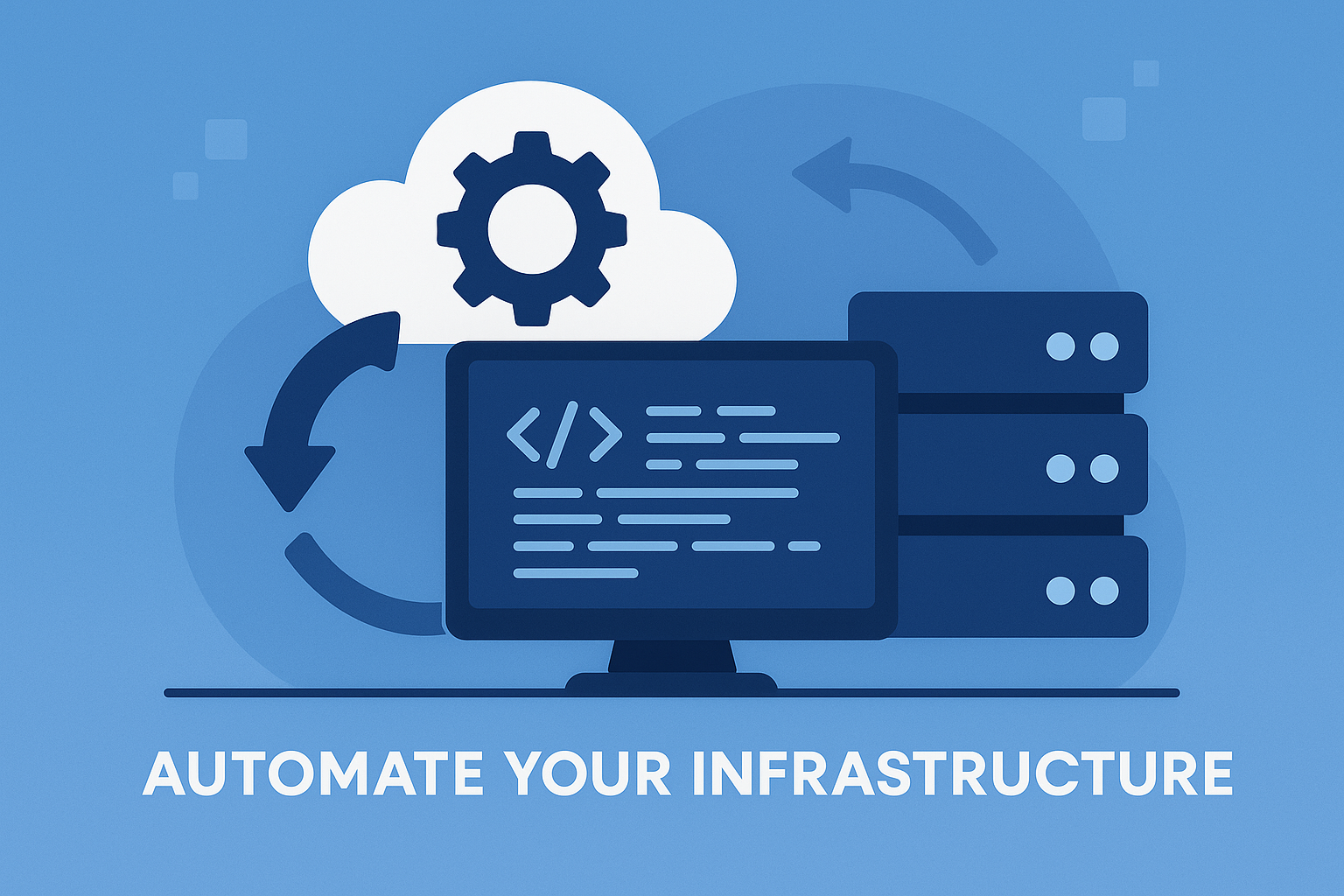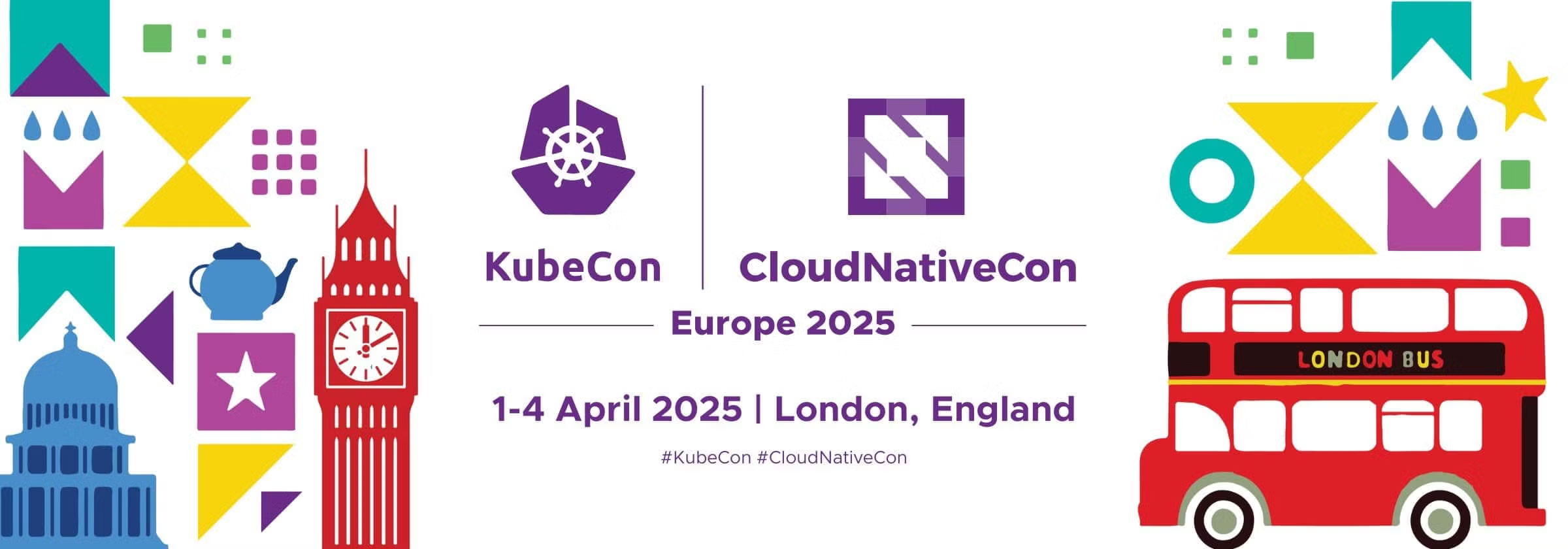What is a Secret?
A Secret in Kubernetes is an API object used to securely store sensitive data, such as passwords, tokens, SSH keys, or other confidential information. Secrets help protect sensitive information by keeping it separate from application code and configuration files, reducing the risk of accidental exposure. Secrets are base64-encoded and can be accessed by pods as environment variables, mounted volumes, or configuration files.
How Does a Secret Work?
Secrets are created and stored in the Kubernetes cluster, and their data is retrieved by pods that need access to the sensitive information. Applications running in pods can access Secret data in three ways:
- Environment Variables: Inject Secrets as environment variables in the pod’s containers.
- Mounted Volumes: Mount Secrets as files inside the pod’s file system.
- Configuration Files: Use Secrets as part of a configuration file or injected command-line arguments.
Kubernetes ensures that only authorized pods or users can access Secrets by enforcing Role-Based Access Control (RBAC).
Why is a Secret Important?
Secrets are essential for securing sensitive data in Kubernetes clusters. By keeping sensitive information out of application code and standard configuration files, Secrets reduce the risk of accidental exposure. They also provide a standardized way to manage and distribute confidential information across multiple applications and environments.
Benefits of Secrets
- Improved Security: Protect sensitive information by encrypting it at rest and controlling access via RBAC.
- Separation of Concerns: Keeps sensitive data separate from application code and configuration files.
- Dynamic Updates: Allows updating of sensitive information without requiring application restarts or redeployments.
- Flexibility: Provides multiple ways to inject sensitive data into pods, such as environment variables or mounted files.
Use Cases for Secrets
- Database Credentials: Store database usernames and passwords securely and inject them into application pods.
- API Tokens: Manage API tokens or access keys for external services in a secure manner.
- SSL/TLS Certificates: Store certificates and private keys securely for encrypted communication.
- SSH Keys: Distribute SSH keys to applications needing secure remote access.
Summary
Secrets in Kubernetes provide a secure way to manage sensitive data such as passwords, tokens, and certificates. By keeping sensitive information encrypted and separate from application code, Secrets enhance the security and flexibility of Kubernetes applications. They are a vital resource for ensuring secure, efficient, and dynamic application deployments.



